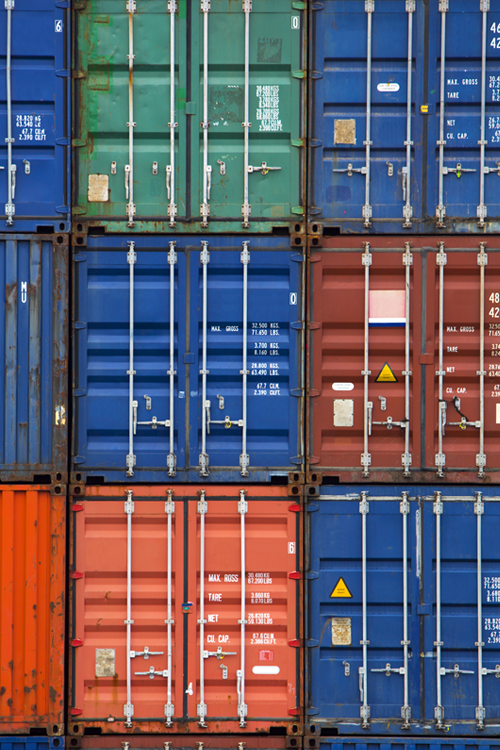Foreign Minister Lawrence Canon has announced a tightening of sanctions against the Islamic Republic of Iran under the Special Economic Measures Act (SEMA).
The announcement brings Canada officially into line with recent similar measures adopted by the US and EU; those in turn followed the announcement by Iran earlier this month that it had successfully enriched a significant amount of Uranium contrary to prior resolutions.
Iran states that its enrichment is for peaceful nuclear power generation; the US states that it is part of a covert nuclear weapons program. Iran has vowed to continue with its work in spite of sanctions.
For the press release click here: http://news.gc.ca/web/article-eng.do?m=/index&nid=549919
For the government backgrounder on the SEMA click here: http://www.pm.gc.ca/eng/media.asp?id=3554
Although expected, the new measures may already be straining the fragile agreement reached by the Security Council in June, when Russia and China were persuaded to drop their opposition to sanctions. According to the BBC news, Russia has described these new sanctions as being outside the security council framework and therefore ‘unacceptable’.
Sanctions are intrinsically controversial. Proponents note that sanctions are virtually the only coercive measure states can take short of war. It is far from clear that sanctions are successful in changing the domestic policy or leadership of the sanctioned state, and many commentators note that the hardship caused by sanctions falls disproportionately on the poor, rather than the military and ruling classes.




